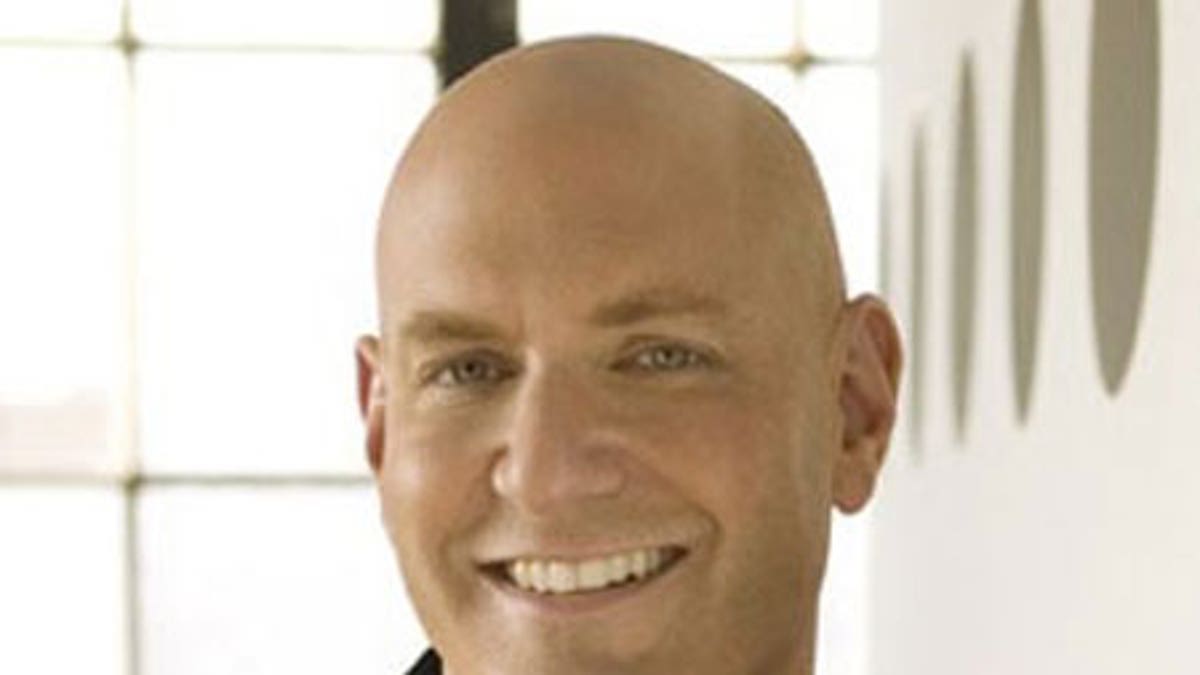
The results of a Pew Research Center Poll conducted last month are in and they show that a vast majority of Americans distrust their government. Specifically, the poll found that 76 percent of Americans believe government will do the right thing only some of the time or not at all. Only 3 percent surveyed believe government will do the right thing “just about always.”
“Distrust” is an interesting phenomenon, psychologically, because it is highly volatile, not inert. If it is not remedied, it either sparks action on the part of the person or people who are distrustful or it requires increasingly vigorous containment by someone or some entity in authority.
This is the precarious psychological moment at which America has arrived.
Unlike despondency or anxiety, which can lead to a kind of hibernation to avoid pain from the environment, distrust motivates. It brings about action and reaction. In a friendship, distrust is fatal — the distrustful person will often stop communicating anything meaningful, and the “friendship” ends. In a family, distrust can lead to independent, unpredictable actions by individual family members who feel the need to demonstrate their autonomy. In a company, distrust of leadership often causes loss of productivity and potential, as partners or employees work at cross-purposes, or jump ship to competing entities. This is because distrust is very closely linked, in psychological terms, to dislike and disgust. A guttural and negative set of emotional responses are triggered when trust evaporates.
The antidote to distrust is listening. Really listening. Because distrust is never without meaning. It signals that the core of someone or some entity — whether a person or an individual — has been misunderstood, misread or badly treated. It speaks to a disconnect with the very “nature” of that person, group or population.
Listening allows for corrective action in which the distrusted entity (here, government) intuits the way in which it is subverting the closely held instincts and hopes of the other entity (the American people) and brings its actions into concert with that core set of principles or beliefs or emotions.
Not listening leads to more distrust. This is why it would have been far better for members of Congress to listen to disaffected voters at public forums, rather than attempting to silence them. When listening — which carries the possibility of change and reconciliation — is not the course taken by the entity that is distrusted (here, government), that entity has to increase its level of control over or false appeasement of the distrustful party (here, the American people). It can try to do this via more rules, deception, distraction or one kind of drug or another (here, entitlements, among others).
Ultimately, however, nothing stems the tide of distrust forever. That’s why self-centered parents, secretive societies and totalitarian and communist regimes will always lose. They subvert the will of the people. And people, ultimately, always, without exception, ever, insist on being — in some real measure — true to themselves (here, free).
Dr. Keith Ablow is a psychiatry correspondent for Fox News Channel and a New York Times bestselling author. His book, "Living the Truth: Transform Your Life Through the Power of Insight and Honesty" has launched a new self-help movement including www.livingthetruth.com. Dr. Ablow can be reached at info@keithablow.com.
